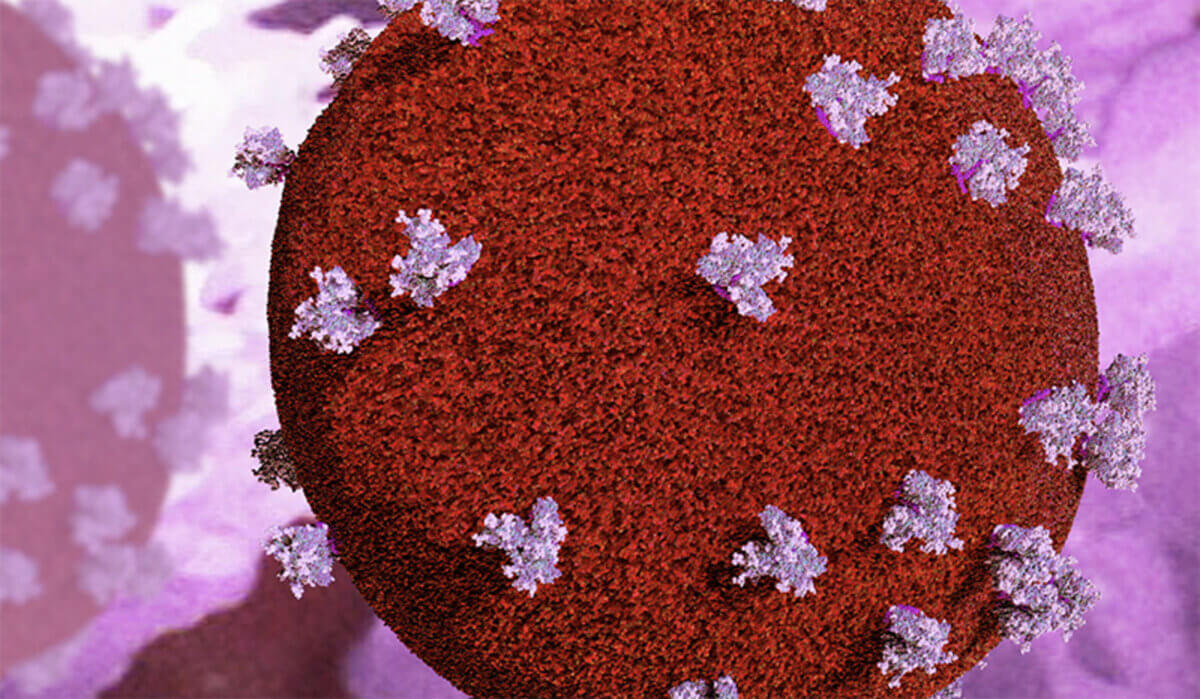MONTREAL, Quebec — New research has found a way to keep people living with HIV in good health without sacrificing their quality of life. This study shows a link between inflammation in people with HIV and the levels of a protein called gp120.
For people living with HIV, quality of life has drastically improved in the last few decades. When the condition first emerged, people had a life expectancy of only one to two years. Nowadays, that figure is about the same as someone who is HIV-negative. However, quality of life still differs, as those with HIV may continue to have chronic inflammation and other health problems. Now, scientists say blocking gp120 makes it harder for the virus to infect human cells.
“Even when the viral load is undetectable, we were able to detect this molecule in the blood of one in three infected people. We’re showing that it acts as a toxin and is associated to chronic inflammation leading to comorbidities,” says Andrés Finzi, a professor at the Université de Montréal and chairholder of the Canada Research Chair in Retroviral Entry, in a media release.
People with HIV tend to develop complications ranging from heart-related diseases to brittle bones, or changes in their cognitive health. These health issues have a link to the viral reservoirs where HIV has infected immune cells. Currently, there is no HIV treatment to slow down this form of premature aging.
The authors found this connection between the protein and the HIV virus after measuring gp120 levels in the blood of 386 people living with the condition. On average, the patients had HIV for 16 years, received antiretroviral therapy, and had an undetectable viral load.
“We’ve managed to counteract the harmful effects of gp120 in vitro by using Fostemsavir, a drug only used by people who are resistant to traditional anti-HIV treatments and whose viral load is detectable,” says Finzi.

With a working hypothesis, Finzi and his team are planning a clinical trial targeting the gp120 protein. If correct, reduced protein levels would reduce inflammation, thereby decreasing the risk of further health complications.
“In our multicentre trial that will last two years, we’re going to concretely examine if adding Fostemsavir to existing antiretroviral therapy treatments leads to a reduction in cardiovascular diseases. This will be determined by the change in the volume of atherosclerosis in coronary arteries between the end and the start of the study, measured by cardiac CT scans,” explains Madeleine Durand, an assistant professor at the Université de Montréal and researcher at CHUM Research Center.
The trial will also measure people’s frailty and cognitive performance over time. The trial will begin in September 2024 with a goal of enrolling 200 individuals. Over 39 million people were living with HIV in 2022. If the trial proves successful, the antiretroviral therapy treatment would drastically improve the well-being of people with HIV.
“Our personalized approach to medicine, which includes optimizing antiretroviral therapy in the many people for whom gp120 is detectable, could relieve the burden of their comorbidities and improve their quality of life,” adds Durand.
The study is published in The Journal of Infectious Diseases.
You might also be interested in:
- Medical breakthrough puts doctors one step closer to cure for HIV
- Herpes, HIV preventable without condom? Lube made from cow mucus shows promise
- More aggressive HIV strain discovered in Netherlands, but experts say no reason for panic

